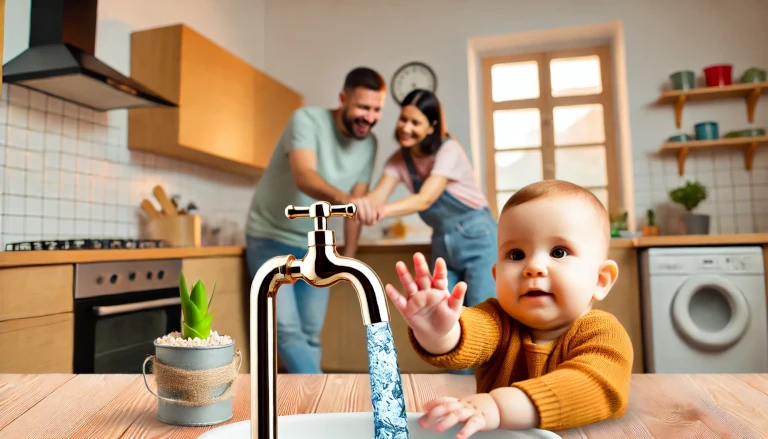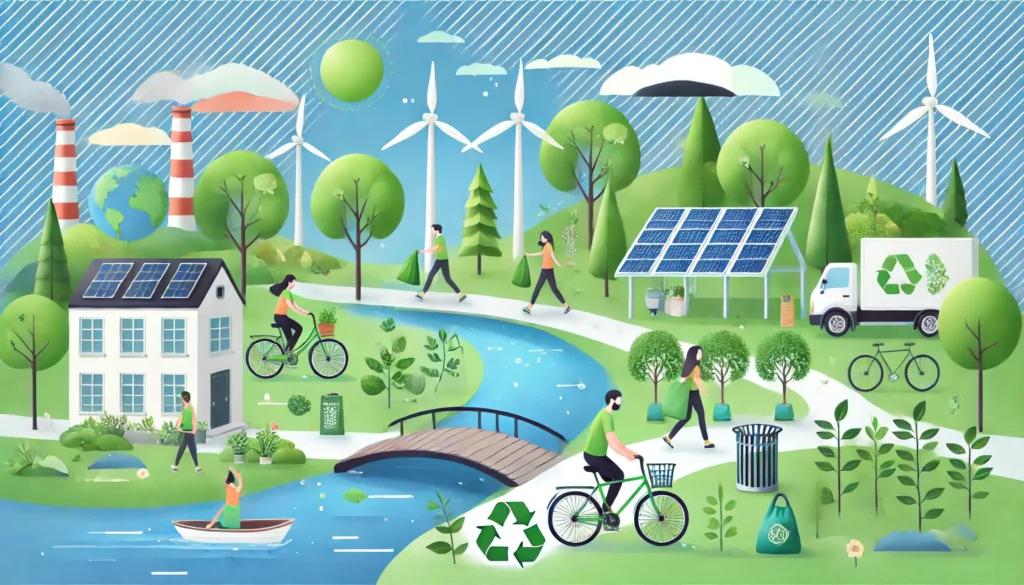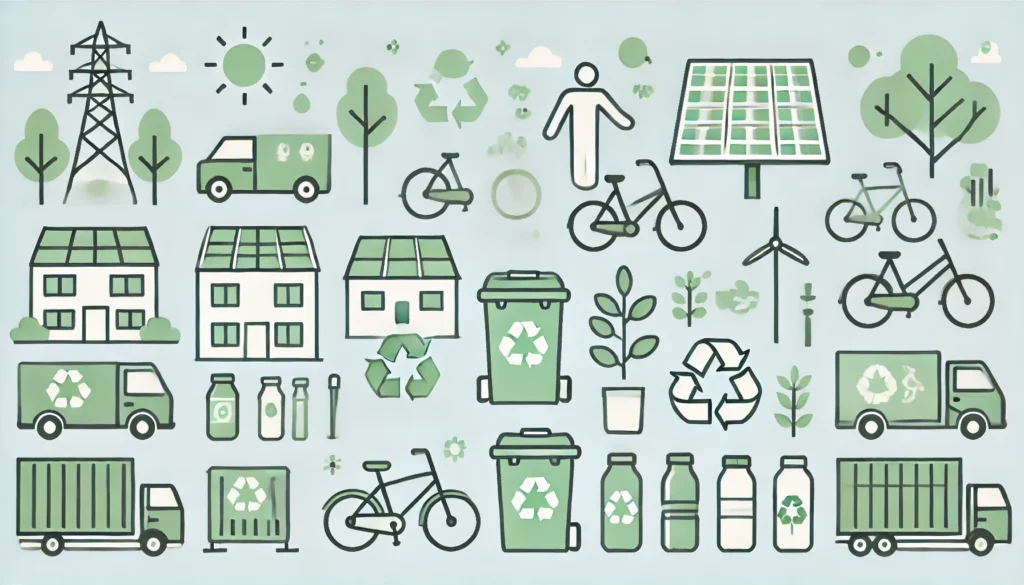Water conservation is crucial, especially in cooperative housing societies where multiple families share resources. Implementing water-saving practices not only reduces the monthly water bill but also contributes to a sustainable environment. Here are 20 effective ways to conserve water in a cooperative housing society, making it easy for residents to adopt eco-friendly habits. Lets Save Water !
1. Fix Leaks Promptly 🔧
Leaking taps, pipes, or toilets waste a significant amount of water. Ensure that all leaks are repaired as soon as they are detected.
- Example: A small drip can waste up to 20 gallons a day. Fixing leaks saves both water and money.
2. Install Low-Flow Fixtures 🚿
Replacing regular faucets, showerheads, and toilets with low-flow fixtures can reduce water usage by up to 50%.
- Tip: Look for fixtures labeled with the WaterSense logo for efficiency.
3. Use Dual-Flush Toilets 🚽
Dual-flush toilets allow residents to choose between a low or high flush, depending on the waste, saving water on each flush.
4. Harvest Rainwater 🌧️
Set up a rainwater harvesting system to collect rainwater for gardening, cleaning, and other non-potable uses.
- Example: Collected rainwater can be used to water plants or wash cars, reducing reliance on municipal water.
5. Install Drip Irrigation for Gardens 🌻
If the society has a communal garden, use a drip irrigation system to water plants efficiently and avoid over-watering.
6. Promote Water-Saving Practices 📢
Educate residents about the importance of water conservation through newsletters, posters, or workshops.
- Tip: Conduct monthly meetings to discuss water-saving practices and share progress.
7. Optimize Washing Machine Loads 🧺
Encourage residents to run full loads in washing machines to minimize the number of cycles and save water.
8. Reuse Greywater 🚰
Greywater from sinks, showers, and washing machines can be used for non-potable purposes like flushing toilets or gardening.
9. Monitor Water Usage with Smart Meters 📊
Install smart water meters to monitor usage and identify areas where consumption can be reduced.
10. Limit Car Washing and Use Buckets 🚗🪣
Avoid frequent car washing and use a bucket instead of a hose to minimize water wastage.
- Tip: Set up a community car wash day to encourage bucket use and reduce water wastage.
11. Install Water-Efficient Dishwashers 🍽️
Water-efficient dishwashers use less water than washing dishes by hand. Encourage residents to upgrade their dishwashers.
12. Turn Off Taps While Brushing or Shaving 🪥
Remind residents to turn off taps while brushing their teeth or shaving to save up to 8 gallons per person daily.
13. Use a Broom Instead of a Hose for Cleaning Outdoors 🧹
For cleaning outdoor areas like driveways and walkways, use a broom instead of a hose.
- Tip: This simple change can save hundreds of gallons of water each month.
14. Encourage Shorter Showers 🚿
Reduce shower time by just a few minutes to save water. Using a shower timer can help residents stay mindful of their usage.
15. Water Plants in the Early Morning or Late Evening 🌅
Watering plants during cooler hours reduces evaporation and helps plants retain moisture longer.
16. Use Mulch in Garden Beds 🌾
Mulching garden beds helps soil retain moisture, reducing the need for frequent watering.
17. Collect and Reuse Cooking Water 🍲
Water used for rinsing fruits and vegetables can be collected and used to water plants instead of going down the drain.
18. Limit Use of Swimming Pools 🏊
If the society has a swimming pool, encourage residents to limit pool use and ensure proper maintenance to avoid water waste.
19. Set Up a Water Conservation Committee 👥
Form a dedicated committee to monitor water usage, suggest improvements, and raise awareness about water-saving measures.
20. Use Water-Saving Additives in Cleaning 🧴
Using cleaning products that require minimal water, like concentrated solutions, can help reduce water usage during cleaning activities.
Taking Small Steps to Conserve Water 💧🌍
By implementing these 20 water-saving practices, cooperative housing societies can significantly reduce their water consumption, lower utility bills, and contribute to a sustainable future. Encouraging these small changes among residents fosters a sense of community responsibility and environmental stewardship. Start today by adopting these habits and make a positive impact on your water footprint.
Discover more from Green Ecosystem - Renewable Energy, Agriculture, and Environmental Sustainability
Subscribe to get the latest posts sent to your email.


